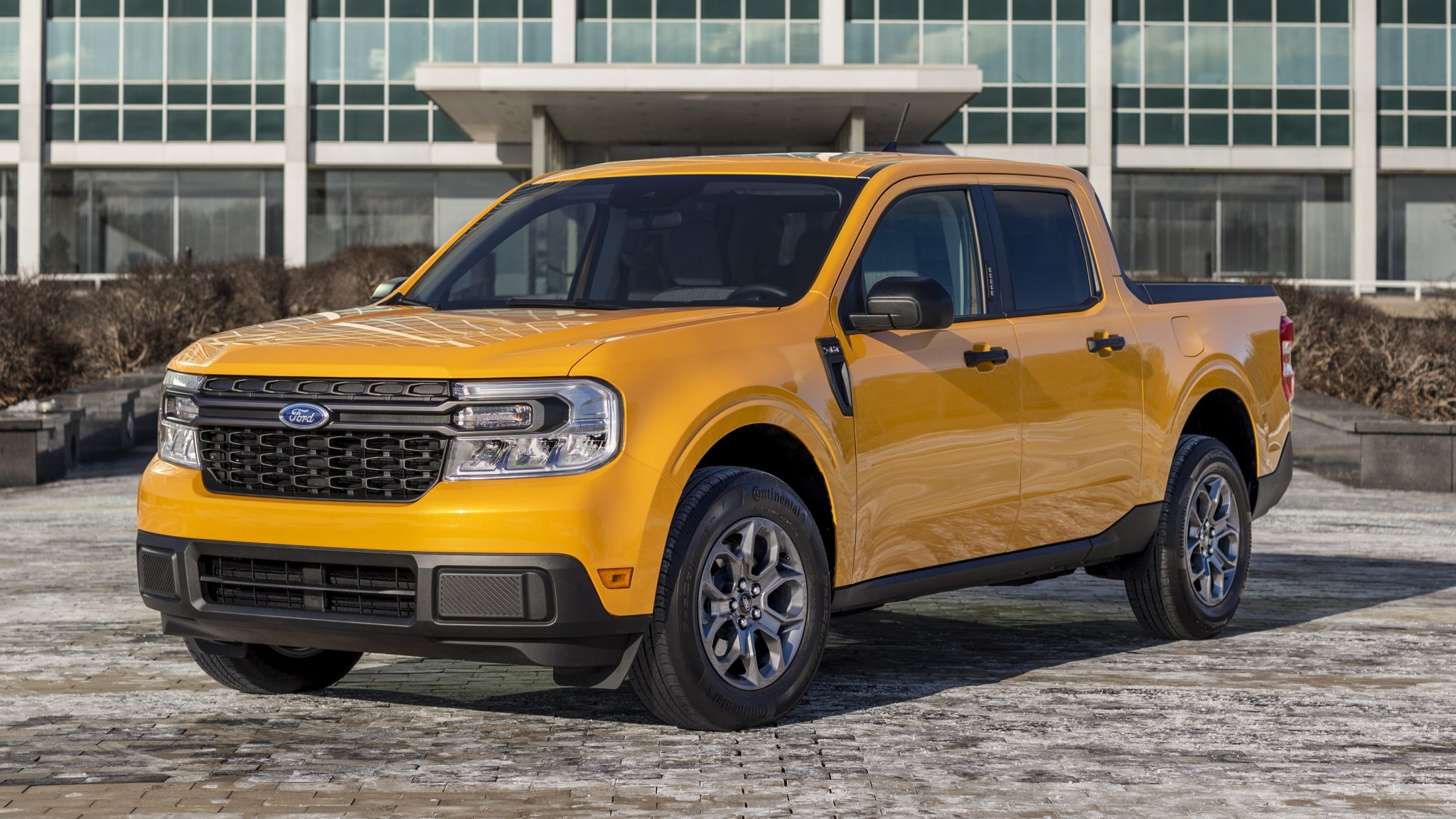

Recalls are part of the natural order of consumables. Everything from antacids to zucchini has been served with a recall notice. Just this year, I’ve personally received letters concerning two products: laundry detergent and chicken wraps. The former was due to faulty, annoying-to-open packaging (I kept it); the latter was due to possible listeria contamination (I’d already eaten it).
In the end, my clothes were clean, and I wasn’t hospitalized. But what happens when a company experiences an above-average number of recalls, particularly with brand-new products? Well, Ford wants so badly to reduce recalls and the costs associated with them that it would rather lose profits upfront with a weekslong shipping hold. Don’t look at it as something wholeheartedly virtuous, though. It’s business because Ford has been the most recalled automaker since 2020. (Thought it was someone else, didn’t ya?)

According to a recent Bloomberg report, being number one in the wrong thing cost FoMoCo $4.8 billion last year. This amounts to roughly 4% of its automotive revenue, and is about three times the overall industry rate. Since 2019, warranty repairs jumped from $591 per vehicle to $1,203. As a whole, automakers are issuing more recalls. NHTSA recall data shows a 42% increase from 2013 to 2023, in large part due to all the new tech OEMs have introduced.
Ford’s plan is to delay shipping new and redesigned vehicles to dealerships by up to six weeks for additional quality checks at the factory. This will affect the initial bottom line but also executive pay. If quality targets aren’t met, bonuses they don’t get.
“Our earnings may be a little lumpy,” said Ford CEO Jim Farley. “What we’re going to see long term is fewer recalls and lower warranty costs because of this new process.”

Ford implemented its “build-and-hold” campaign earlier this year with the new F-150 pickup. More than 60,000 newly built trucks remained on factory lots so engineers could conduct final-really-final inspections, which lasted weeks. The F-150 is the best-selling vehicle in the U.S., after all, so that means a lot of trucks to inspect.
Ford says the extra downtime caused a 65% drop in earnings of the ICE variant (its most profitable model) but also led to avoiding 12 recalls, issues related to both assembly problems and software glitches. The same will be done with the all-new Explorer and updated versions of the Bronco Sport and Maverick. If only this had been started earlier when the Bronco Sport, F-150 Lightning, Maverick, and Mustang Mach-E were first introduced.
At the end of the day, this is a win-win-win. Ford saves money while regaining consumer confidence; dealers don’t have to deal with frustrated returning customers (although their service techs might have less to do); and buyers will be happy not to have a lemon.